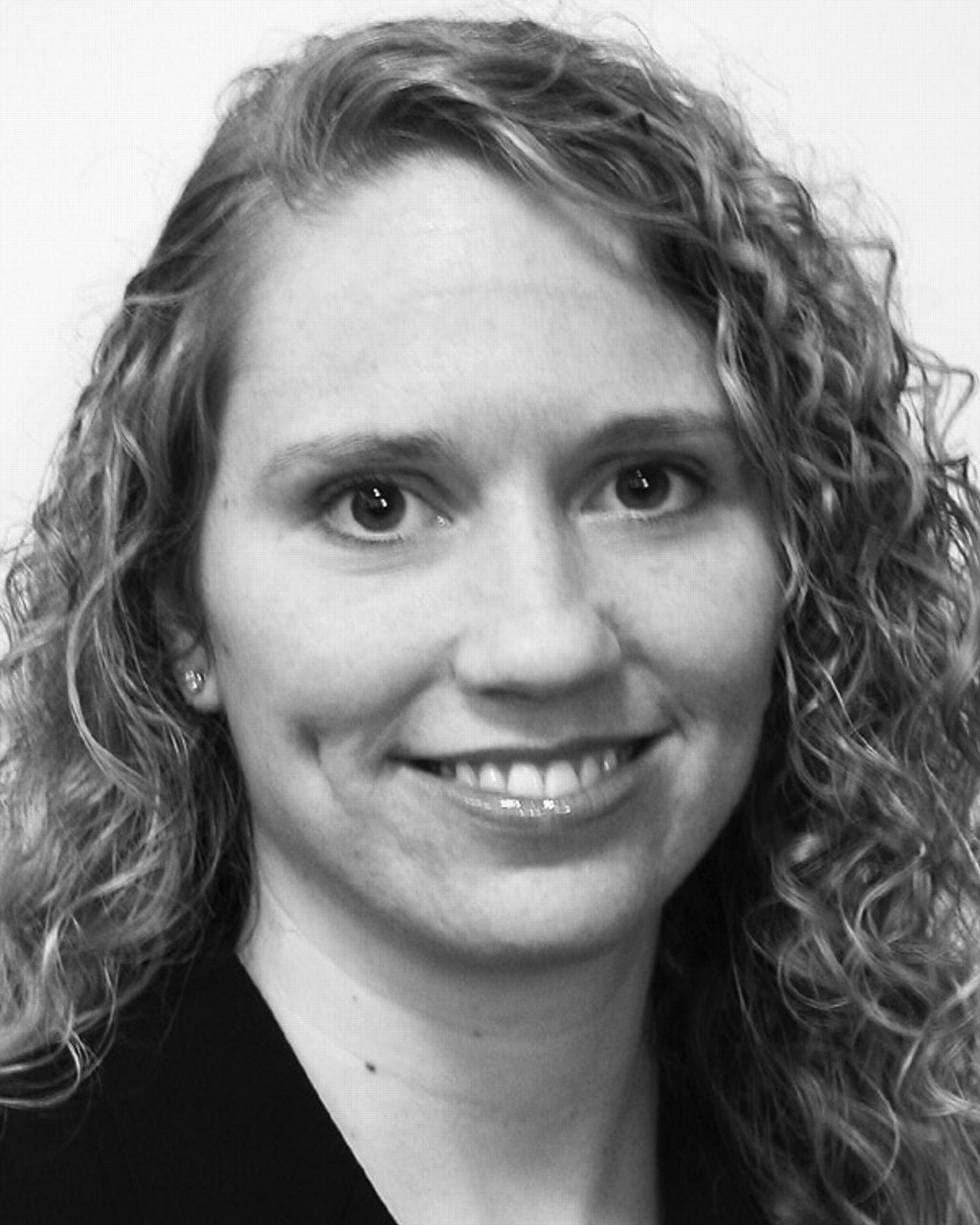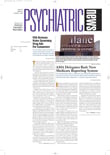Psychiatry Resident, Massachusetts General and McLean Hospitals, 2003-
Member-in-Training (Member Since 2005)
Coordinator and Advisor, Donald J. Cohen Fellowship, 2002-
Treasurer, Medical Student Psychiatry Association, 2001-03
M.D., Yale University School of Medicine, 2003
Codirector, Bioethics Seminar, Yale University, 2000
Community Service Coordinator, Putney Students and the Blackfeet Nation, Mont., 1998 As a psychiatry resident, I am proud to work in an incredible field at an exciting time. Yet, we face many challenges, not the least of which is the stigma our patients experience: they aren't the cute babies of pediatrics, the kindly grandmothers of internal medicine, or the peacefully anesthetized patients of surgery. Our patients are the lost, the sad, the angry, the frequently out of control: theirs are gifts harder to see.
As members-in-training, we face our own unique challenges: we must learn to treat patients by integrating biologic and psychotherapeutic perspectives, to navigate the world of managed care, and to focus not only on the services we provide, but also on our education. Other challenges impact our professional lives: the lack of funding for services needed by the homeless, minorities, and all underserved populations; the need for cultural and gender awareness in treatment; and the importance of advocating for our patients. As we approach the day when we will become independent psychiatrists, we need to consider various career alternatives, mental health treatment parity, and the recruitment of bright medical students to psychiatry. If I have the chance to be your representative, I will make these issues a prominent part of the Board's agenda.
I bring unique qualifications to the position of member-in-training trustee. As the treasurer for the student psychiatry association at my medical school, I was responsible for all budgetary matters and for organizing meetings, lectures, and educational activities. I understand the challenges inherent in resolving diverse views and agendas. In college, I founded a debate organization that taught public-speaking skills to disadvantaged youth. I will use my own debate skills in presenting our ideas to the Board with passion and clarity. And most importantly, I look forward to speaking with residents from different programs to hear your thoughts and concerns.
I am committed to the prominence of psychiatry in medical school education. In medical school, I was the coordinator of a fellowship that paired medical students with a psychiatrist mentor to follow a patient longitudinally for four years. This year, I am a resident advisor for a comparable program in my residency. I am committed to promoting similar fellowships across the country and to securing APA support for them.
As a resident, I have worked at a publicly funded clinic, and I have seen firsthand the need for increased services for the poor and severely ill. I first saw this deficiency while working on the Blackfoot Reservation in Montana organizing community service projects for adolescent volunteers. In medical school, I was again struck by this harsh reality while volunteering at a shelter for homeless youth. We need more education in how to advocate for our patients and, using that education, we can work together to increase expenditures for the homeless, marginalized, and severely ill.
This is an exciting time for APA, and the opportunities to make a positive impact are numerous. I would be honored to serve as your MIT trustee, and, if elected, I will strive to do the following:
Communicate with residents across the country to hear your thoughts and concerns.
Create a seminar series on early career topics: board preparation, setting up a practice, developing administration and supervision skills, and financial planning.
Improve resident education in patient advocacy, in order to aid our sickest and most underserved patients.
Encourage APA support for residents affected by disasters, including Hurricane Katrina.
Recruit young talent to the field of psychiatry, through programs modeled on existing fellowships.
Increase parity for mental health treatment reimbursement and research funding.
Primary Professional Activities and Sources of Income
Professional Activities
50%—Massachusetts General Hospital, Boston
50%—McLean Hospital, Belmont, Mass.
Income
100%—MGH/McLean Adult Psychiatry Residency Program

